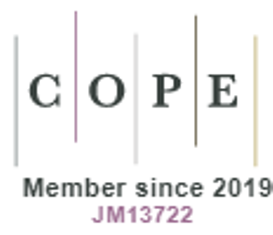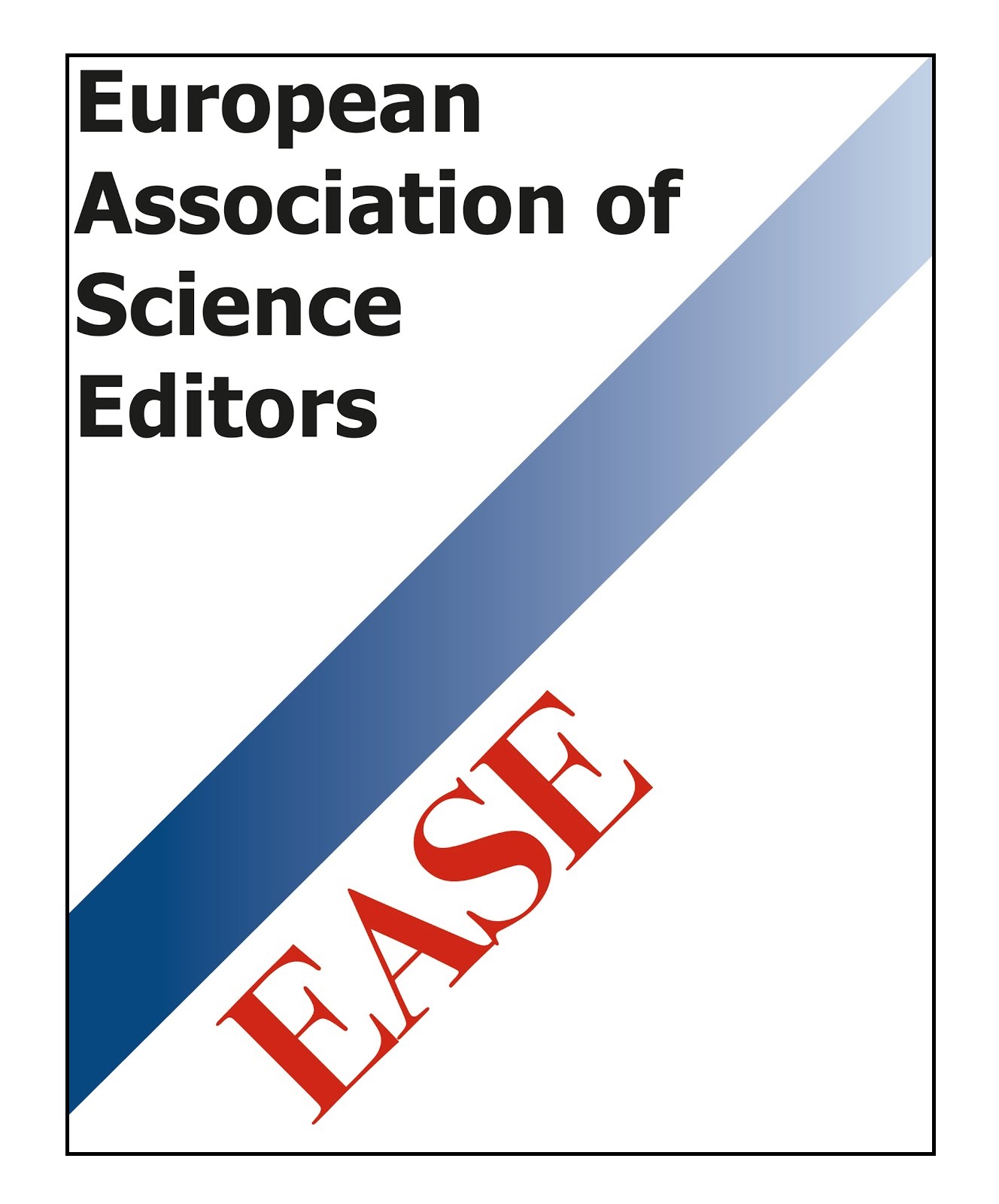Clustering aspects in 20Ne Alpha-conjugate Nuclear System
DOI:
https://doi.org/10.15415/jnp.2018.52029Keywords:
Clusters, Alpha conjugate nuclear system, Preformation probabilityAbstract
The clustering aspects in alpha-conjugate nuclear system 20Ne has been investigated comparatively within microscopic and macroscopic approaches of relativistic mean field theory (RMFT) and quantum mechanical fragmentation theory (QMFT), respectively. For the ground state of 20Ne, the matter density distribution calculated within RMFT, depict the trigonal bipyramidal structure of 5α’s and within QMFT, the equivalent α+16O cluster configuration is highly preformed. For excited state corresponding to experimental available energy, the QMFT results show that in addition to α+16O clusters, other xα-type clusters (x is an integer) are also preformed but in addition np-xα type (n, p are neutron and proton, respectively) 10B clusters are having relatively more preformation probability, due to the decreased pairing strength in liquid drop energies at higher temperature. These results are in line with RMFT calculations for intrinsic excited state which show two equal sized fragments, probably 10B clusters.
Downloads
References
L. R. Hafstad and E. Teller, Phys. Rev. 54, 681 (1938) https://doi.org/10.1103/ PhysRev.54.681; F. Hoyle, D. N. F Dunbar, W. A. Wenzel, and W. Whaling, Phys. Rev. 92, 1095c (1953); Minutes of the New Mexico Meeting, Alberquerque, September 2–5; C. W. Cook, W. A. Fowler, and T. Lauritsen, Phys. Rev. 107, 508 (1957).
K. Ikeda, N. Takigawa, and H. Horiuchi, Prog. Theor. Phys. Suppl. E68, 464 (1968) https://doi.org/10.1143/PTPS.E68.464; W. Von Oertzen et al., Eur. Phys. J.A 11, 403 (2001) https://doi.org/10.1007/s100500170052; W. Von Oertzen, M. Freer, and Y. Ka-Enyo, Phys. Rep. 432, 43 (2006) https://doi.org/10.1016/j.physrep.2006.07.001.
J. P. Ebran, E. Khan, T. Niksic, and D.Vretenar, Nature 487, 341 (2012) https:// doi.org/10.1038/nature11246; Phys. Rev. C 87, 044307 (2013) https://doi.org/10.1103/PhysRevC.87.044307.
R. K. Sheline and K. Wildermuth, Nucl. Phys. 21, 196 (1960) https://doi. org/10.1016/0029-5582(60)90046-8; F. D. Becchetti, K. T. Hecht, J. Janecke, and D. Overway, Nucl. Phys. A 339, 132 (1980) https://doi.org/10.1016/03759474(80)90246-8; D. Jenkins, J. Phys. Conf. Series 436, 012016 (2013) https://doi.org/10.1088/1742-6596/436/1/012016.
T. Yahmaya, Phys. Lett. B 306, 1 (1993) https://doi.org/10.1016/03702693(93)91128-A; M. Freer and A. C. Merchant, J. Phys. G 23, 261 (1997) https://doi.org/10.1088/0954-3899/23/3/002; M. Freer, Rep. Prog. Phys. 70, 2149 (2007) https://doi.org/10.1088/0034-4885/70/12/R03; E. D. Johnson et al., Eur. Phys. J. A 42, 135 (2009) https://doi.org/10.1140/epja/i2009-10887-1.
Y . Kanada-En’yo, M. Kimura, and A. Ono, Prog. Theor. Exp. Phys. 01A202 (2012).
H. Feldmeier, J. Schnack, Rev. Mod. Phys. 72, 655 (2000) https://doi.org/10.1103/RevModPhys.72.655.
P. Arumugam et al., PRC 71, 064308 (2005) https://doi.org/10.1103/PhysRevC.71.064308;
B. B. Singh, M. Kaur, V. Kaur, and R. K. Gupta, EPJ Web Conf. 86, 00048 (2015); JPS Conf. Proc 6, 030001 (2015); M. Kaur, B.B. Singh, S.K. Patra, and R.K. Gupta, Phys. Rev. C 95, 014611 (2017) https://doi.org/10.1103/ PhysRevC.95.014611; Proc. DAE Symposium on Nucl. Phys. 62, 506 (2017).
W. B. He et al., arXiv:1602.08955v3 [nucl-th] June, 2016.
Y. K. Gambhir, P. Ring, and A. Thimet, Ann. Phys. (NY) 198, 132 (1990) https:// doi.org/10.1016/0003-4916(90)90330-Q; C. E. Price and G. E. Walker, Phys. Rev. C 36, 354 (1987) https://doi.org/10.1103/PhysRevC.36.354; Y. Sugahara and H. Toki, Nucl. Phys. A579, 557 (1994) https://doi.org/10.1016/03759474(94)90923-7; P. K. Panda et al., Int. J. Mod. Phys. E 6, 307 (1997) https://doi.org/10.1142/S0218301397000202.
B.K. Sharma et al., JPG: Nucl. Part. Phys. 32, L1 (2006) https://doi.org/10.1088/0954-3899/32/1/L01.
J. Maruhn and W. Griener, Phys. Rev. Lett. 32, 548 (1974) https://doi.org/10.1103/PhysRevLett.32.548.
Raj K. Gupta et al., Phys. Rev. Lett. 35, 353 (1975) https://doi.org/10.1103/ PhysRevLett.35.353; Phys. Lett. B 60, 225 (1976) https://doi.org/10.1016/03702693(76)90286-0; Phys. Lett. B 67, 257 (1977) https://doi.org/10.1016/03702693(77)90364-1; Z. Physik A 283, 217 (1977) https://doi.org/10.1007/BF01418714.
H. Kröger and W. Scheid, J. Phys. G: Nucl. Phys. 6, L85 (1980) https://doi.org/10.1088/0305-4616/6/4/006.
W. D. Myers and W. D. Swiatecki, Nucl. Phys. 81, 1 (1966) https://doi.org/10.1016/0029-5582(66)90639-0.
J. Blocki, J. Randrup, W. J. Swiatecki, and C. F. Tsang, Ann. Phys. (NY) 105, 427 (1977) https://doi.org/10.1016/0003-4916(77)90249-4.
M. Bansal, R. Kumar, and R. K. Gupta, J. Phys.: Conf. Ser. 321, 012046 (2011) https://doi.org/10.1088/1742-6596/321/1/012046.
M. M. Coimbra et al., Nucl. Phys. A 535, 161 (1991) https://doi.org/10.1016/0375-9474(91)90521-7.
G.V. Rogachev et al., Prog. Theor. Phys. Suppl. 196, 184 (2012) https://doi. org/10.1143/PTPS.196.184; J. Phys.: Conf. Ser. 569, 012004 (2014) https://doi.org/10.1088/1742-6596/569/1/012004.
Downloads
Published
How to Cite
Issue
Section
License
View Legal Code of the above-mentioned license, https://creativecommons.org/licenses/by/4.0/legalcode
View Licence Deed here https://creativecommons.org/licenses/by/4.0/
| Journal of Nuclear Physics, Material Sciences, Radiation and Applications by Chitkara University Publications is licensed under a Creative Commons Attribution 4.0 International License. Based on a work at https://jnp.chitkara.edu.in/ |














